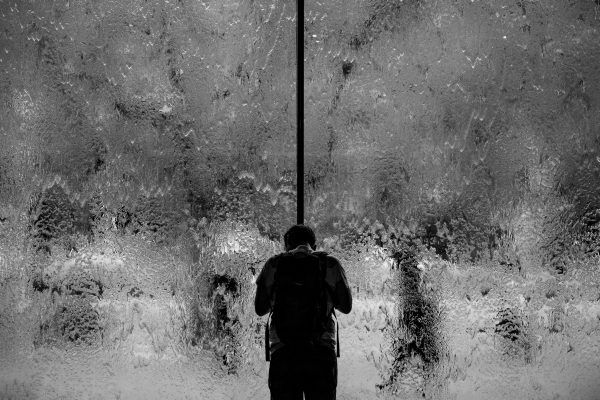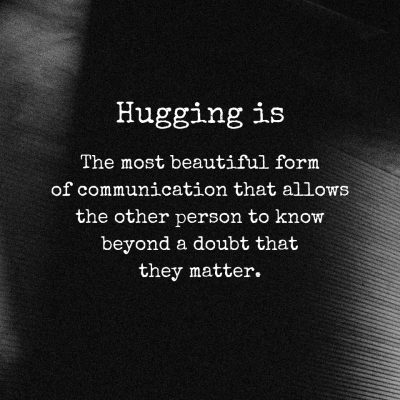Loneliness is one the most raging epidemics of our times. For example, in the UK, 9 million British adults reported being “often or always lonely”. In the US, the situation is not much better, especially among the elderly. And we dare call it an epidemic because it takes a serious toll on our health.

In psychology, loneliness is defined as “the perceived discrepancy between one’s desired level of social connection and their actual level of social connection”.
And this is not only sad in itself, it is a public health issue. Here is what happens to our bodies when exposed to prolonged loneliness.
1. High blood pressure and cardiovascular disease
Because when we feel lonely, our environment becomes in our minds more dangerous, this causes anxiety. And anxiety can make our heart rates faster and our blood pressures go up.
MORE: Why Women Need More Cuddling In Their Lives, According To Science
2. Our immune system is weakened
The bodies of lonely people don’t produce as much antibodies as those who are in good social relationships. As a consequence, the immune system is weakened and our natural defenses against illness decrease.

MORE: The Latest Research Overturns Everything We Thought We Knew About Depression
3. Inflammation
Lonely people are especially susceptible to chronic inflammation, which is considered a key component in a wide range of health maladies: heart disease, Alzheimer’s, rheumatoid arthritis, clogged arteries, and periodontitis.
MORE: Big Boys Do Cry: Toxic Masculinity And Mental Health
4. Insomnia
The lonelier we are, the worse we sleep. And a bad sleeping routine is in itself the source of many other diseases: Alzheimer’s disease, cancer, dementia, diabetes, depression, obesity, and poor mental health in general.
We shouldn’t forget that loneliness kills and therefore we should all invest in our social relationships. Please, share this!










